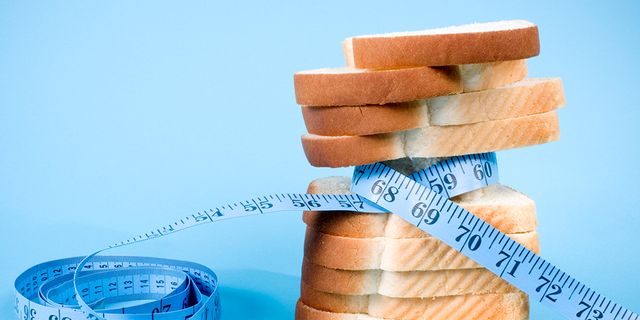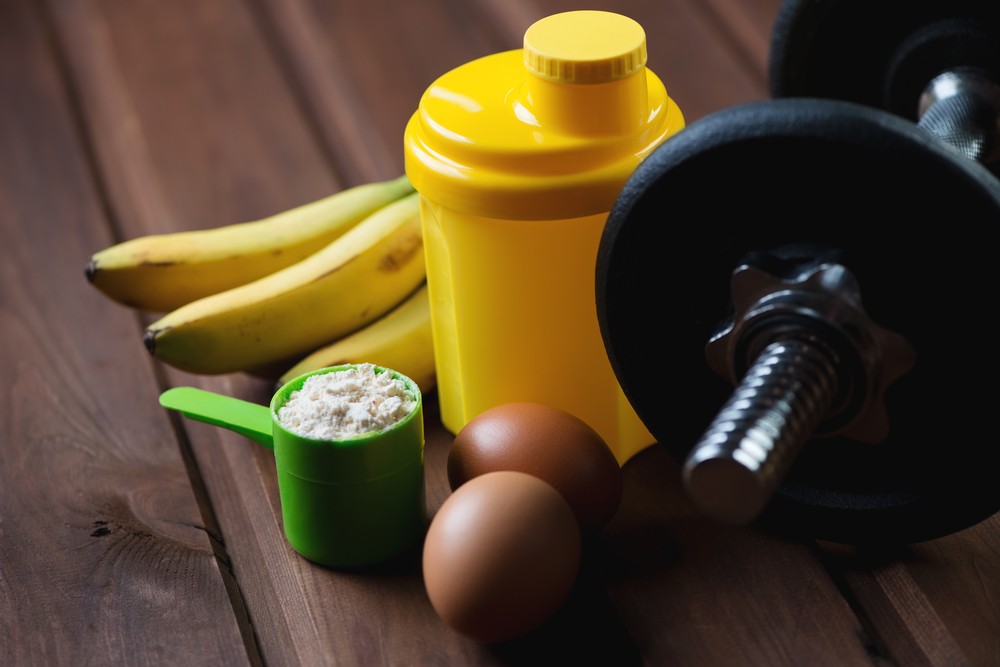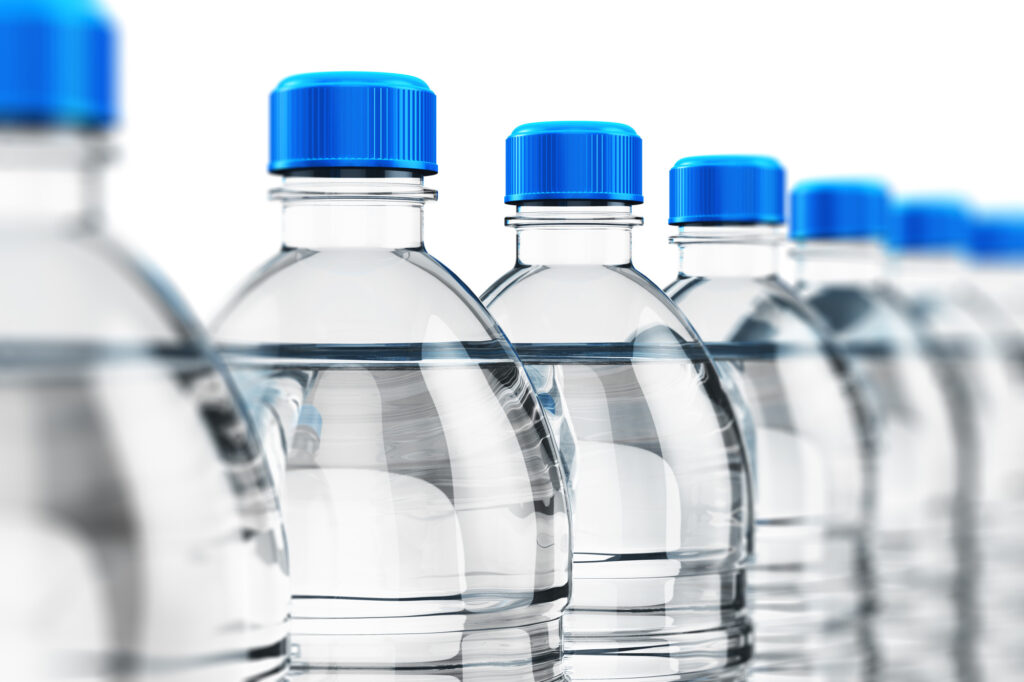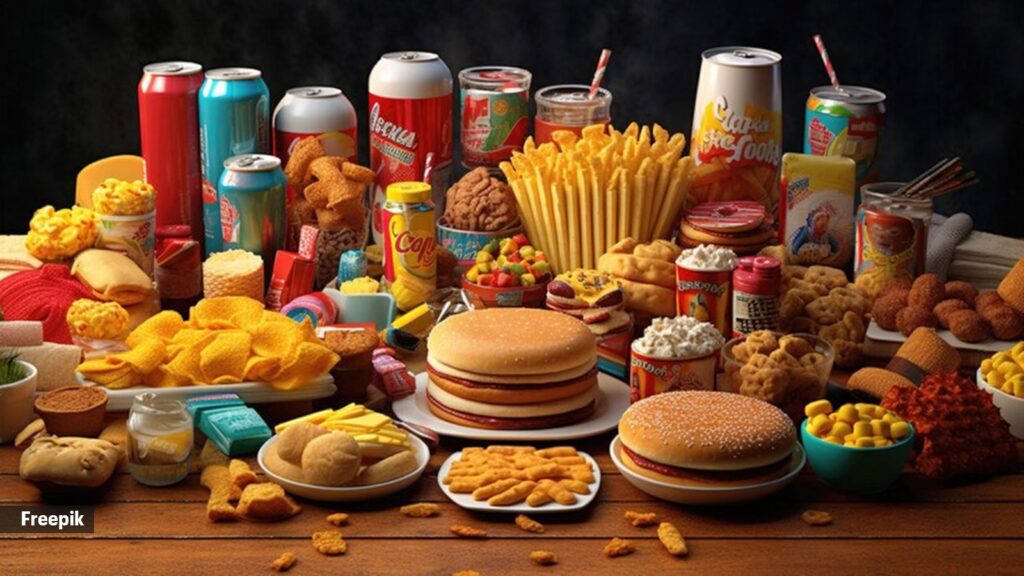A Healthy Diet Isn’t Just About WHAT You Eat…
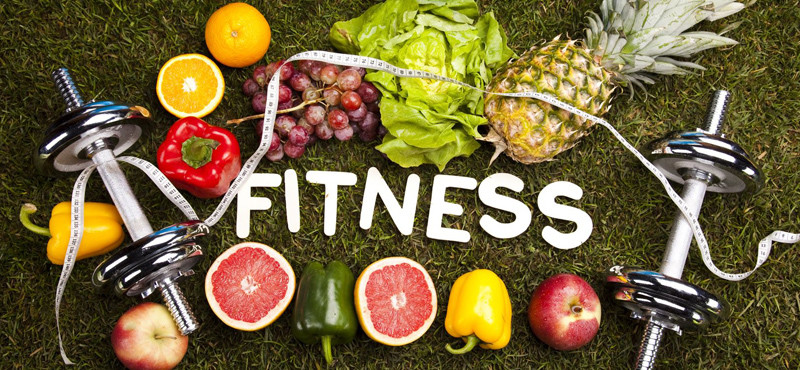
When it comes to maintaining a healthy diet and optimizing your workouts, what you eat is only part of the equation. When you eat, how you eat, and the types of nutrients you prioritize play crucial roles in your body’s performance and recovery. Let’s break it down.
Timing is Everything
The timing of your meals can significantly affect your energy levels and workout performance. Eating too soon before a workout might leave you feeling sluggish, while waiting too long could cause fatigue or dizziness.
- Before a Workout: Aim to eat a meal or snack 1-3 hours prior to exercising. This should include easily digestible carbohydrates for quick energy and a small amount of protein to support muscle function.
- After a Workout: Refueling within 30-60 minutes is key to recovery. Prioritize protein to repair muscle tissue and carbohydrates to replenish glycogen stores.
Eating consistently throughout the day can also help stabilize blood sugar levels, reduce cravings, and ensure sustained energy.
How Nutrients Affect Your Body
Fats, carbohydrates, and proteins all digest at different rates, influencing how they fuel your body.
- Fats: These digest slowly, which can be beneficial for satiety but not ideal for immediate energy. Eating a meal higher in fat before a workout might hinder performance because digestion takes longer, diverting energy from exercise. Instead, fats are best included in meals further from workout times, supporting overall energy and hormonal health.
- Carbs: The body’s primary energy source for workouts. Simple carbs (like fruits) provide quick energy, while complex carbs (like oatmeal or brown rice) offer a steady release, making them perfect a few hours before exercising.
- Protein: Essential for muscle repair and growth. Pairing protein with carbs post-workout enhances recovery by supplying amino acids for muscle repair and speeding glycogen replenishment.
Portion Control Matters
Overeating—even healthy foods—can lead to excess calories, which the body stores as fat. Conversely, undereating can leave you feeling tired and hinder muscle recovery. Tailoring portion sizes to your activity level and goals is crucial. For example:
- Active Days: Increase your calorie intake, focusing on carbs and protein to fuel your workouts and recovery.
- Rest Days: Slightly reduce calorie intake, but maintain a balance of nutrients to support recovery and overall health.
The Big Picture
A healthy diet isn’t just about choosing nutritious foods—it’s about aligning what you eat with your body’s needs. Eating the right amount, at the right time, and understanding how your macronutrients affect performance are the keys to feeling and performing your best.
By tuning into your body’s signals and adjusting your meals to suit your lifestyle, you’ll fuel your workouts, enhance recovery, and support long-term health. Because in fitness, what you eat is important—but how and when you eat can make all the difference.
You Got This!
Subscribe to our newsletter and be the first to find out about new articles.


